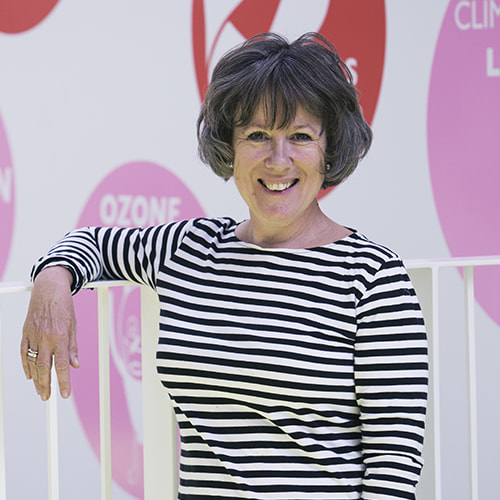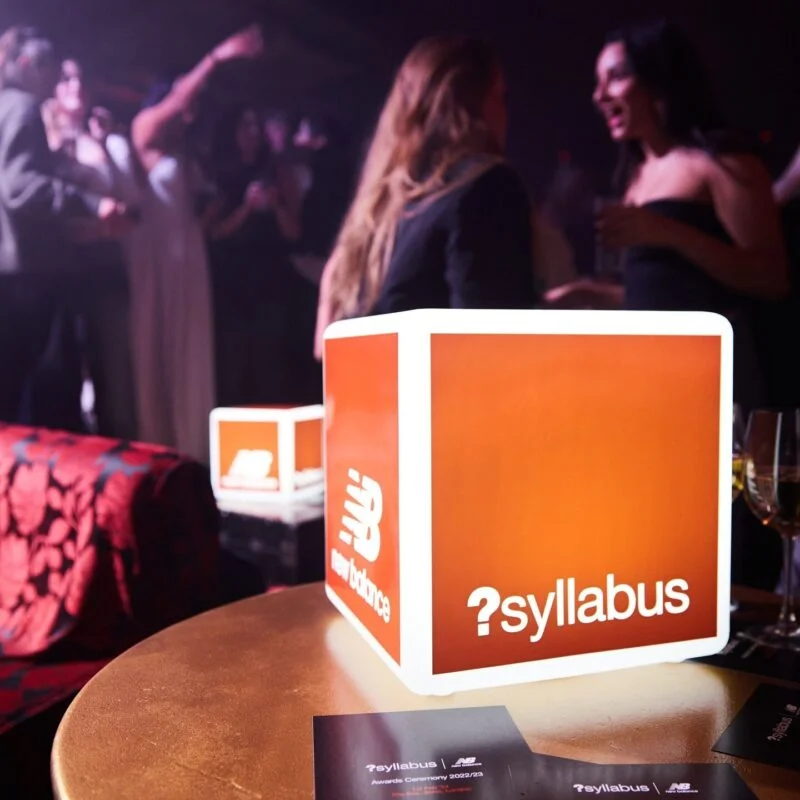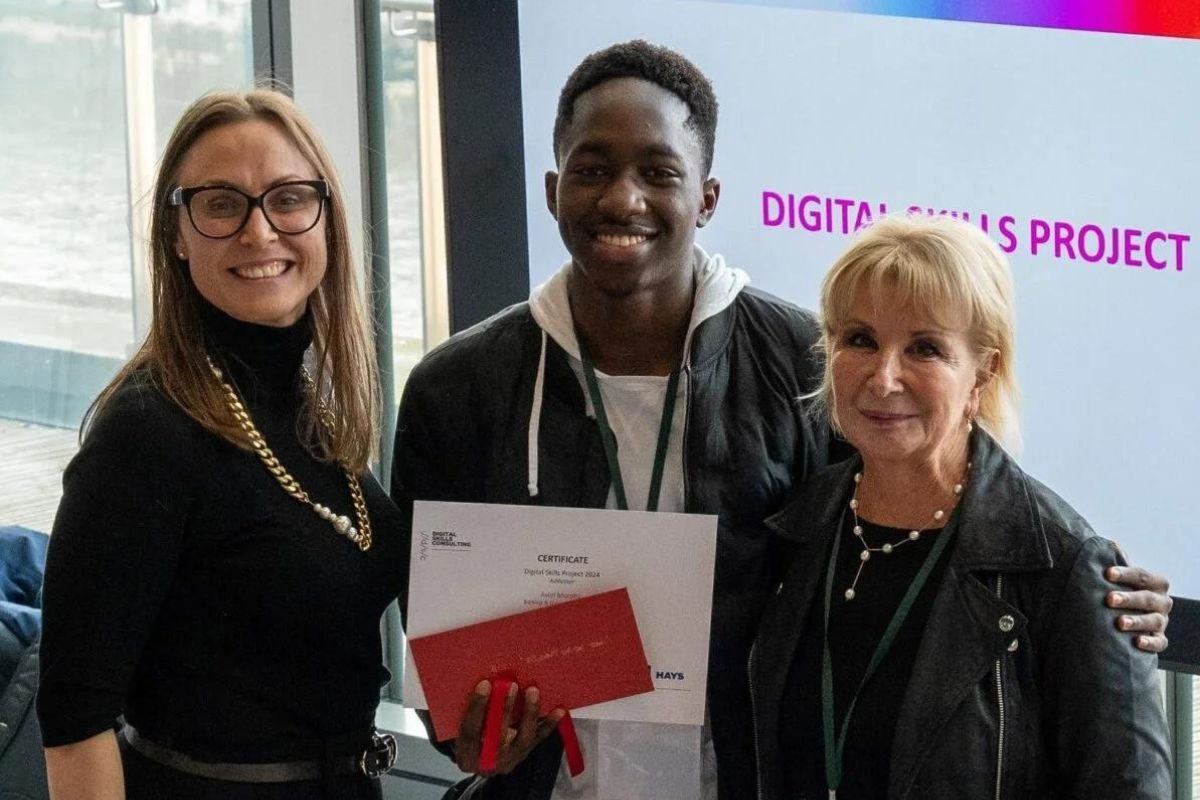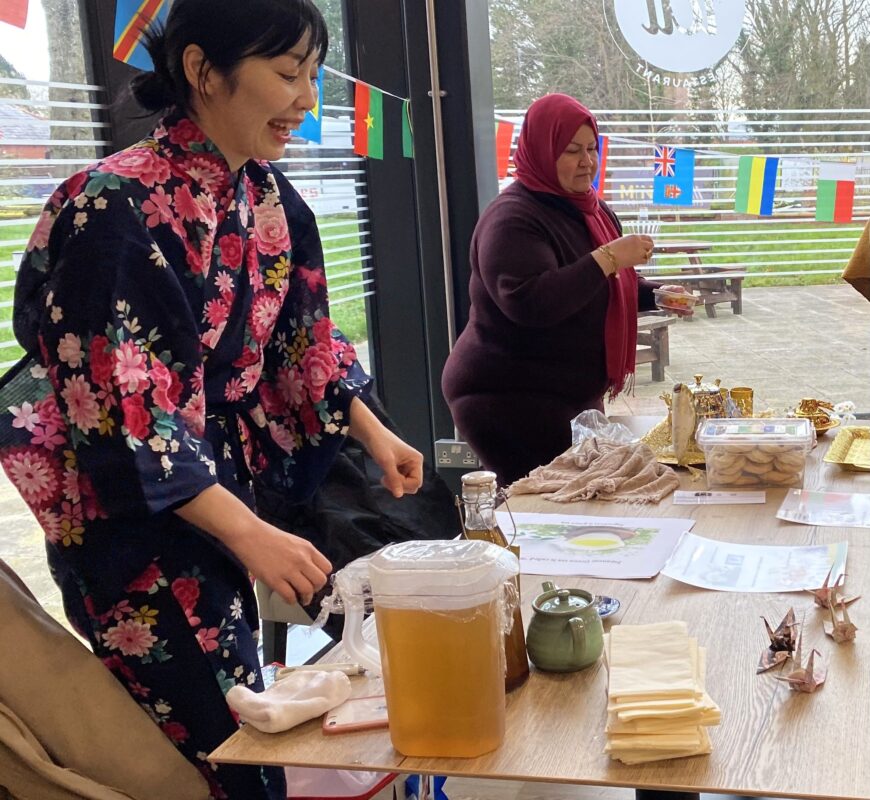No school system can be better than its teachers.

By Carolyn Roberts, Co-director of the PTI.
It is truth universally acknowledged that no school system can be better than its teachers. Michael Barber said that in 2007. The Education Endowment Foundation reports ‘a large body of research indicates that what teachers do, know and believe matters more to the achievement of students than anything else we can influence’. This is good news, but what do teachers do, know and believe?
If you look at our system, you might be forgiven for thinking that what teachers do, know and believe, what they really believe in, is testing. Our system is obsessed with this type of measurement and most of our teachers were educated that way themselves. The debate around this is building up quite a head of steam, and you may have seen the doubts cast upon this exam system from The Times Education Commission report.
At the PTI we don’t talk much about exams and our language isn’t all about outcomes. We talk about subjects, and knowledge, and teaching, but especially about subjects. About our passion for what we know and love, and our determination to find the best ways of sharing it with children.
Are those two things different? Yes, unfortunately. We all want children and young people to learn and to grow, to achieve and to develop the skills and attributes ready for good adult life. Our problem is that we try to measure them all the same way, crudely. That means that learning, as measured by exam results can be spurious, narrow, the servant of assessment, data drops, progress trackers and mark schemes, and entirely guided by the exam specification. As Tim Oates observes: the national curriculum in KS4 is effectively whatever the exam boards specify.
Testing requires a direct manifestation of specific but limited knowledge. It’s important, but it’s not sufficient. Children are the only raw materials out of which adults can be made: they need more than this. What does that ‘more’ look like?
The PTI has taken a different path, a powerful knowledge path, from the start. The courses and experiences we have always offered our teachers focus on authentic, disciplinary subject knowledge which is broad, creative, intellectually challenging and enriching. It is the product and the foundation of a curriculum, not a specification.
Children and young people taught by PTI teachers know things. They know how the world fits together, they know that there is more to learn and they know how to be critical. Powerful knowledge sets up children not just to pass exams – though that is a step along the way – but to understand the world. As Michael Young says: knowledge is powerful ‘if it predicts, if it explains, if it enables you to envisage alternatives’.
Teachers know that our young people are not just worried about themselves, but about the future. They expect alternatives to racism, misogyny and climate disaster. All generations need to work together for a better future and teachers are central to creating a new world.
How? Because knowledge is worthwhile in itself and schools share that knowledge, verified by experts, on behalf of society. That means they are well-equipped to understand and interpret the world. This kind of learning is harder than the knowledge needed for everyday life, so it needs to be explicitly taught, by experts, in structured curricula.
This shared knowledge is fundamental to what the old national curriculum used to call a just and sustainable democracy. It allows conversations between citizens who have been educated together and learn the same things. Shared knowledge allows children – all children, no matter their background – to become useful citizens. You can see why it’s called ‘powerful’.












Responses